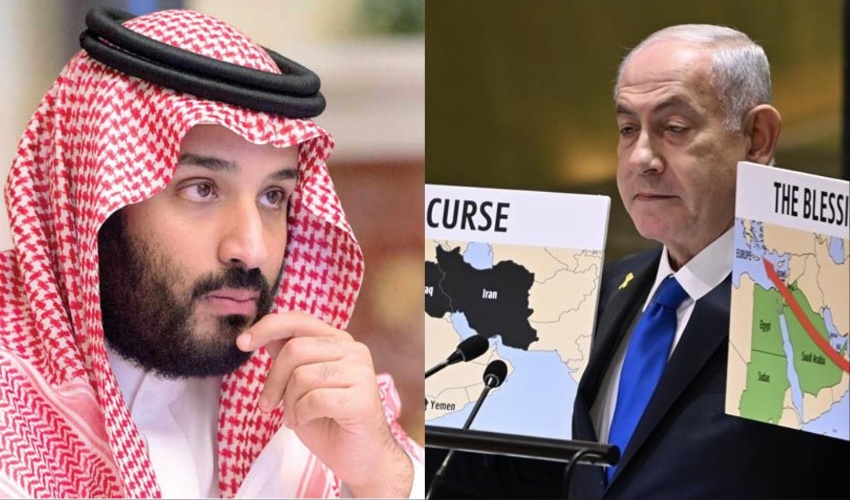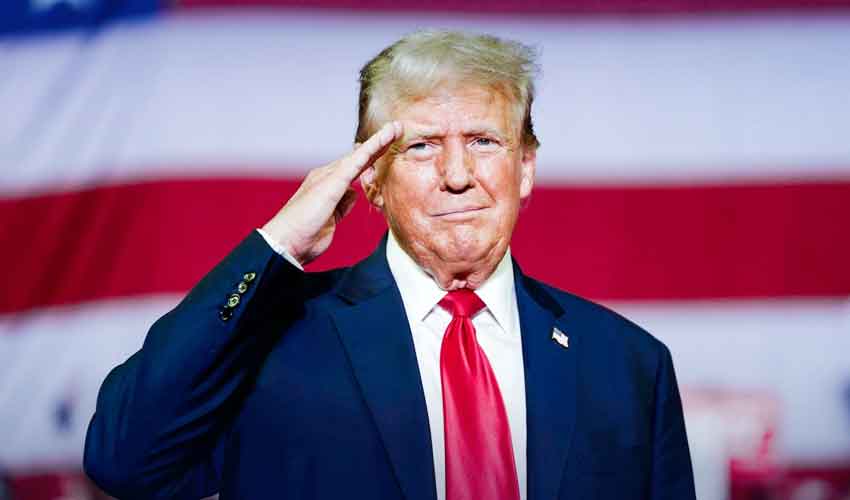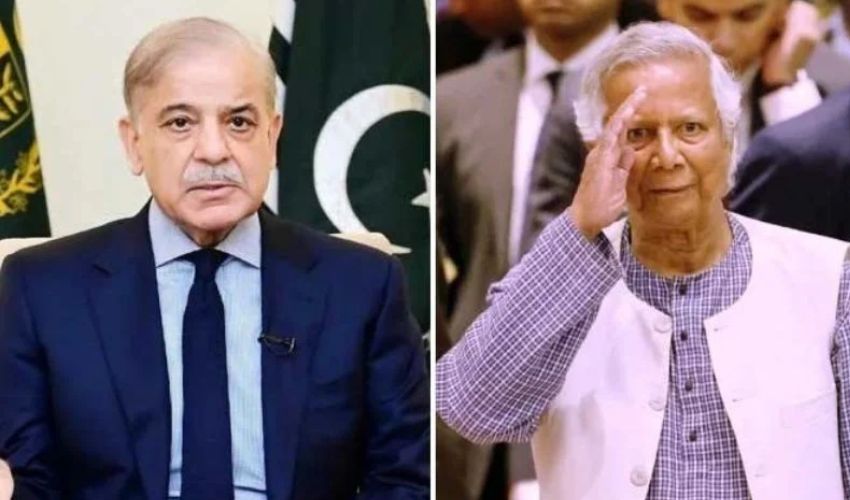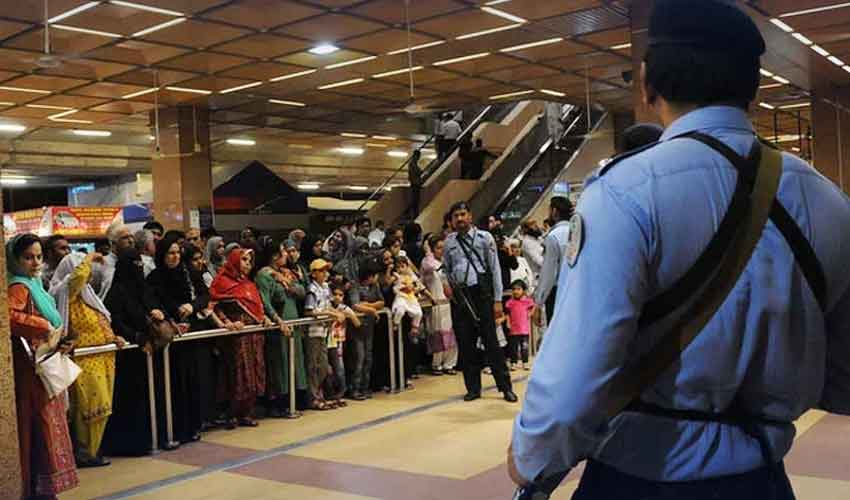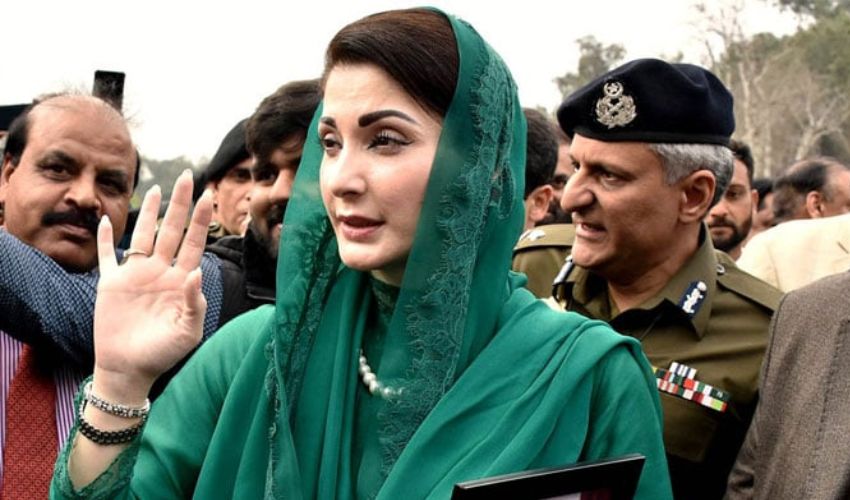Indian students have staged a protest against the Oxford Union after the prestigious debating society hosted a discussion on the topic of "Free Kashmir," a longstanding issue between India and Pakistan.
The protest highlighted the growing influence of Hindutva ideology, which critics argue has become deeply entrenched in India's political and social fabric under the leadership of Prime Minister Narendra Modi.
The Kashmir issue, rooted in the aftermath of British colonialism, has been a point of contention in South Asia since 1947, resulting in multiple wars and persistent tensions. Kashmiris have long fought for their right to self-determination, seeking greater political autonomy or independence. However, Indian students' response to the Oxford Union debate reveals a shift in India’s political climate, with increasing displays of nationalism and pride—often fueled by disinformation and historical distortion—becoming more pronounced in global protests.
Experts and historians argue that the behavior exhibited by the protesting students reflects a broader trend in India, where a nationalistic agenda is often propelled by the Hindutva ideology. This ideological framework aims to transform India into a Hindu-majority state, marginalizing non-Hindu communities. The rise of Hindutva, championed by the ruling Bharatiya Janata Party (BJP) and its affiliate, the Rashtriya Swayamsevak Sangh (RSS), has significantly altered India's political landscape, undermining its secular foundations.
Despite India's constitutional guarantees of secularism, the country has increasingly moved away from this ideal, with the state failing to protect the rights of minorities, particularly in Kashmir. India has become one of the most prominent human rights violators globally, with systematic violations of minority rights taking place across Indian-administered Kashmir and mainland India, often with the tacit approval of the state.
The recent protest at the Oxford Union, an institution known for its commitment to free speech and intellectual debate, underscores the need for a renewed social contract in India. The protest also raises important questions about India's ability to engage in constructive international dialogue, particularly regarding the Kashmir dispute. It highlights a disturbing trend within parts of the Indian diaspora, which, at times, challenges the values and principles upheld in Western democracies.
The protest, described as unprecedented in the Union's history, signals a worrying shift away from principles of free expression and open dialogue. The Indian students' actions have raised alarms, as they suggest a growing unwillingness to engage with differing viewpoints, which undermines the spirit of debate and discussion that is central to academic institutions.
The debate itself, centered on Kashmir's political status, offered a platform for challenging India's narrative on the issue and drawing international attention to the complexities surrounding the region. While India insists on its sovereignty over Kashmir, the international community increasingly views the situation through a broader lens, one that questions India's approach to the Kashmir issue. As global awareness and interest in the Kashmir conflict rise, India is urged to confront historical truths and recognize the diverse perspectives surrounding the dispute.








